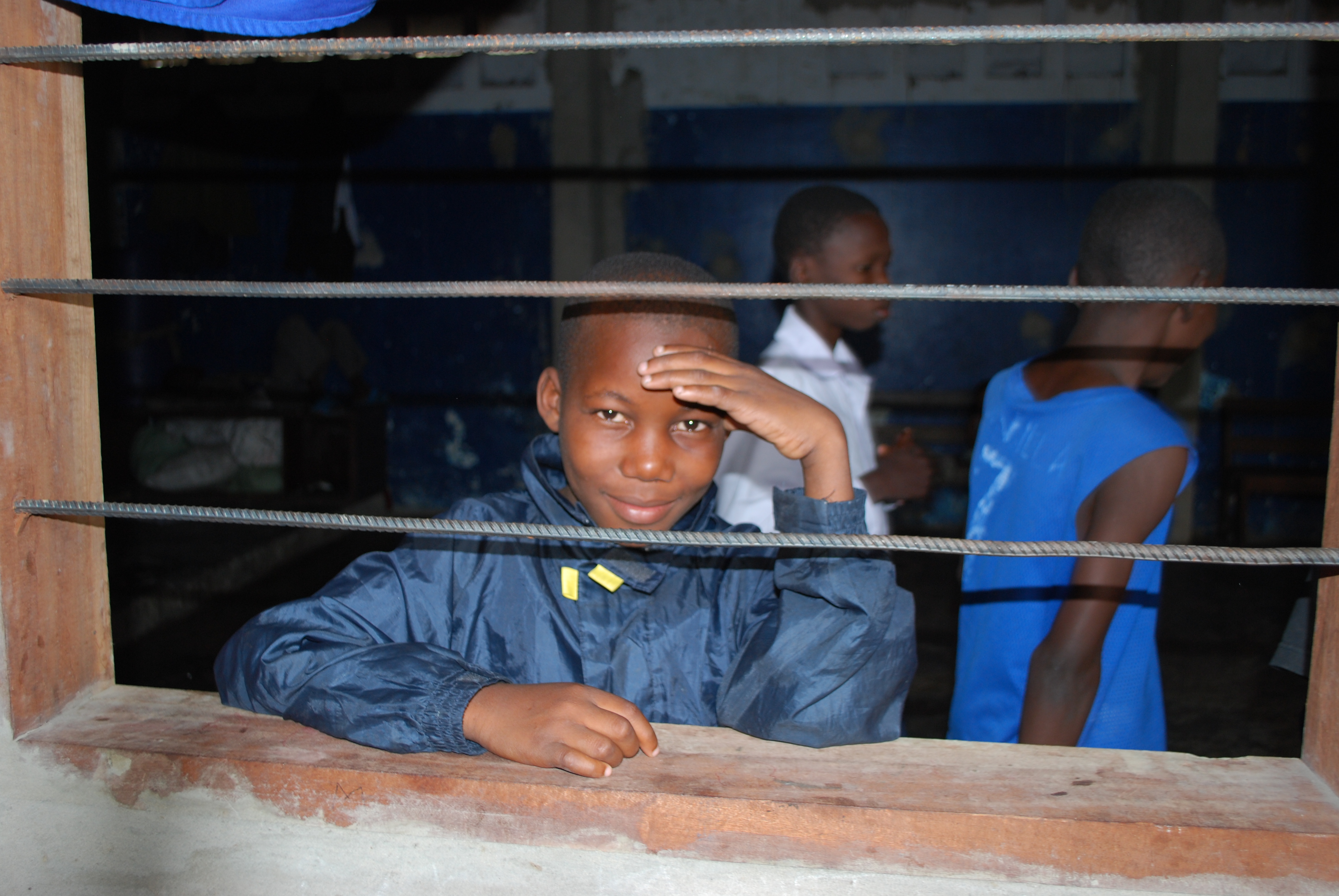20
Jun
June 20, 2010
The child that was not adopted will grow up without the love and guidance of parents, without the security and identity of family, and always feeling like the last kid picked for dodgeball. The child that was not adopted has little hope. Depending on his or her country, he or she may have had little access to basic education. Even if he or she does have the opportunity to attend school, he or she will have no one to hold him or her accountable for doing homework or actually learning. The child that was not adopted will have no one to recommend him or her for employment; in many countries, he or she may be given fewer opportunities, including the opportunity to attend college, due simply to his or her status as an orphan.
 The child that was not adopted will age out of the orphanage before most American children are allowed to drive. It is estimated that more than 14 million children age out of orphanages each year. Without a sufficient education, sometimes without even basic literacy, job prospects are limited, especially in countries where poverty is rampant. The child that was not adopted will not have the emotional or financial support of a family. If he or she is able to secure employment, he or she will have never learned how to manage resources, pay bills, or set their own schedule. The child that was not adopted is likely to spend what money he or she does have irresponsibly and be unsuccessful at any employment opportunities he or she may be given. The child that was not adopted is most likely to end up on the street.
The child that was not adopted will age out of the orphanage before most American children are allowed to drive. It is estimated that more than 14 million children age out of orphanages each year. Without a sufficient education, sometimes without even basic literacy, job prospects are limited, especially in countries where poverty is rampant. The child that was not adopted will not have the emotional or financial support of a family. If he or she is able to secure employment, he or she will have never learned how to manage resources, pay bills, or set their own schedule. The child that was not adopted is likely to spend what money he or she does have irresponsibly and be unsuccessful at any employment opportunities he or she may be given. The child that was not adopted is most likely to end up on the street.The child that was not adopted is likely to turn to crime or prostitution simply to survive. Having never experienced love or personal worth, he or she may learn that sex can bring temporary validation. Yet, he or she may not value him or herself enough to ask for proper protection or may never have been taught about safe sex. The child that was not adopted will want to turn to alcohol or drugs to numb the pain, rejection, and fear; he or she may have never learned any other ways to manage emotions. Up to 15 percent choose suicide before they reach adulthood.
The child that was not adopted is vulnerable and easily taken advantage of by others. He or she is a likely candidate to become a victim of crime. The child that is not adopted is only expected to live into his or her mid-twenties. If I had aged out of an orphanage, I would likely be dead already.
When I walked into an orphanage last Fall, a child that was approximately 12 looked away and would not make eye contact with me. A child that was eight or nine, handed me an infant. It broke my heart to know that these children understood that most people are interested in very young children, and they were already giving up hope. They intimately understand rejection, hopelessness, and an absence of self-worth. Although hurt, most are not damaged beyond repair; they are simply missing what a family provides emotionally. These are the children that ask us to please find a family for them also. My heart breaks for these children; I fear for their future. These are the children most in need of love, a family, and a home.
Please consider how you can help the most vulnerable children in the world. Perhaps you are able to adopt an older child. The Fatherless Foundation provides opportunities for families to host older orphans several times each year, allowing them to find out just how normal these kids can be. If you are not able to adopt, you can donate to such organizations or the adoption fund of another family. If you are interested in starting an orphan/adoption ministry at your church, please contact us for support and resources.
